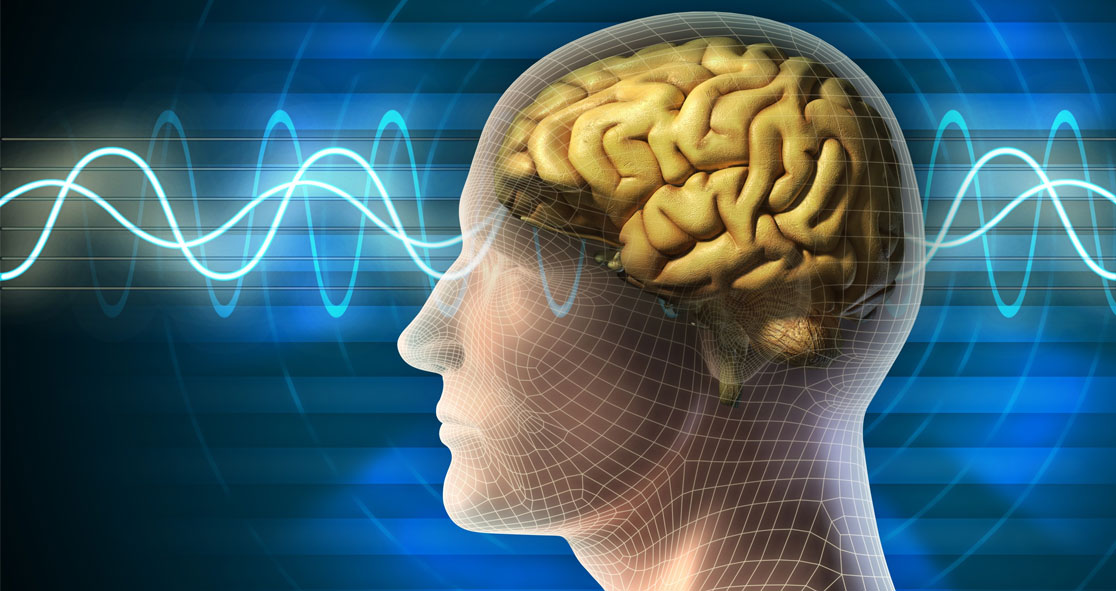N, N-Dimethyltryptamine (DMT), a powerful hallucinogenic drug that occurs naturally in many plants and animals, is undergoing trial for curing depression.
DMT is a recreational psychedelic drug known for its part in shamanic rituals, especially in South America.
In the trial, participants will be given DMT, along with talking therapy. Researchers believe that the therapy could offer an alternative for people who fail to respond to conventional antidepressants. In fact, they believe that psychedelic-assisted therapy might offer longer-term relief from depression.
Dr. Carol Routledge, Chief Scientific Officer of Small Pharma Ltd., a UK-based neuro-pharmaceutical company that is running the trial said, “We believe the impact will be almost immediate, and longer-lasting than conventional antidepressants.”
DMT is known as the “spirit molecule” because of the way it alters the human consciousness and produces hallucinations that have been likened to a near-death experience, according to BBC.
The drug is also found in ayahuasca, a traditional Amazonian plant medicine that is used to bring spiritual enlightenment.
The researchers of the trial believe that DMT could help loosen the brain’s fixed pathways, which can then be “reset” after talking therapy.
Dr. Routledge likened DMT to “shaking a snow globe” – throwing entrenched negative thought patterns up in the air which the therapy allows being resettled into a more functional form, according to BBC, but this hypothesis still needs to be proven.
The researchers are consulting Imperial College London, which runs the pioneering Centre for Psychedelic Research.
The team is hoping to investigate whether DMT can be given as a one-off therapy or as part of a course. Participants will be followed up for six months to see how long the effects of the therapy persist.
Meanwhile, DMT is already used for depression in some clinics like the ketamine-assisted treatment service in Oxford. The drug is not accompanied by psychotherapy. Instead, it is advised to provide temporary relief from depression.
Prof. Celia Morgan of the University of Exeter has suggested that ketamine-assisted therapies have longer-lasting effects. She said there was mounting evidence that drugs such as LSD, psilocybin, ketamine, and MDMA (ecstasy) were safe and could play a key role in treating mental health disorders.
While conventional drugs may numb negative feelings, “these drugs seem to allow you to approach difficult experiences in your life, sit with that distress and process them,” Prof. Morgan explained. “It might be getting at something more fundamental” that was the root cause of the problem. “Through that, we think you can get much more long-lasting change.”
Prof. Michael Bloomfield of University College London said although it was a “really exciting” area of research, caution was needed in overpromising the drugs’ potential, according to BBC.























